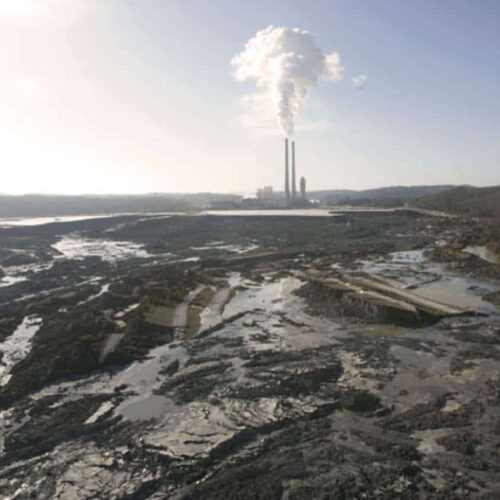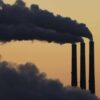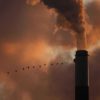Introduction
Republicans, stepping up their assault on environmental regulations, argued during a congressional hearing Thursday that new rules on coal ash could lead to job losses and economic troubles by undermining the market for cement, roof shingles and cement – products made from the toxic byproduct of coal-fired power plants.
Though the hearing included testimony about the largely hidden dangers of coal ash, which have been detailed in investigations by iWatch News, a member of the House Energy and Commerce subcommittee, Illinois Republican John Shimkus warned that EPA regulation might do “more harm than good.”
Legislation before an Energy and Commerce subcommittee would block the Environmental Protection Agency from designating the waste produced by coal combustion as “hazardous.” The label would trigger more stringent regulation.
Last June, the agency proposed a rule with two possible regulatory approaches, one of which would involve the “hazardous” designation and one that would not.
Republicans, including full committee chairman Fred Upton and bill sponsor David McKinley, have said labeling coal ash hazardous would increase costs for electric utilities and independent power producers, drive up energy costs and harm companies that recycle the waste and put it to good use, such as in concrete and wallboard.
Although the potential economic effects of regulation were a central point in the hearing, the health effects of coal ash – including the threat it could pose to communities’ air and water – received some attention.
One West Virginia resident who lives near a large coal ash dump on a pond known as Little Blue Run testified about the health problems he, his family and his neighbors have experienced.
A Center investigation detailed the largely hidden dangers of coal ash, and the Center recently highlighted the effects on Little Blue Run.
Read more in Environment
Environment
‘Clean’ natural gas adding to climate change
Amid decline in greenhouse gases, EPA’s small print reveals rise in methane
Environment
Big break for big oil, larger burden for taxpayers
Some whistleblower cases recover missing millions – but taxpayers still bear brunt of failure to collect all energy company revenues from public lands




Join the conversation
Show Comments